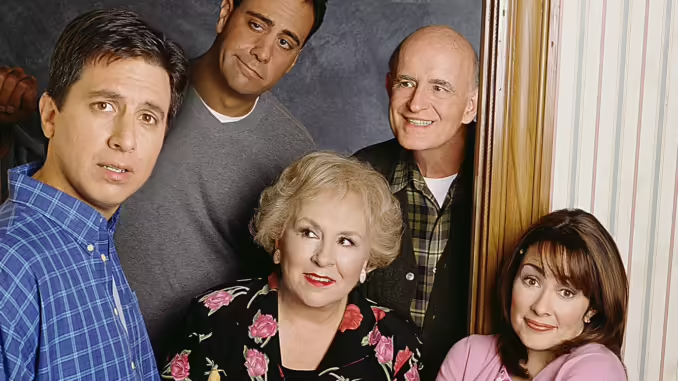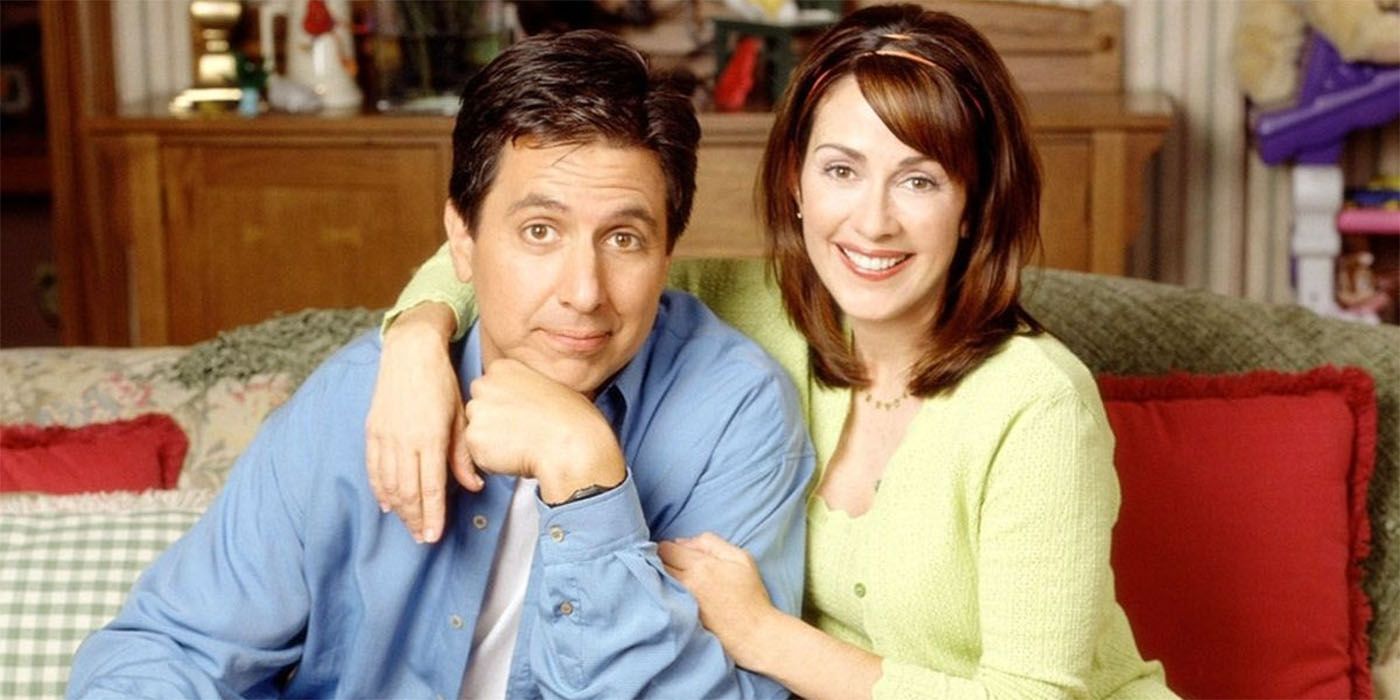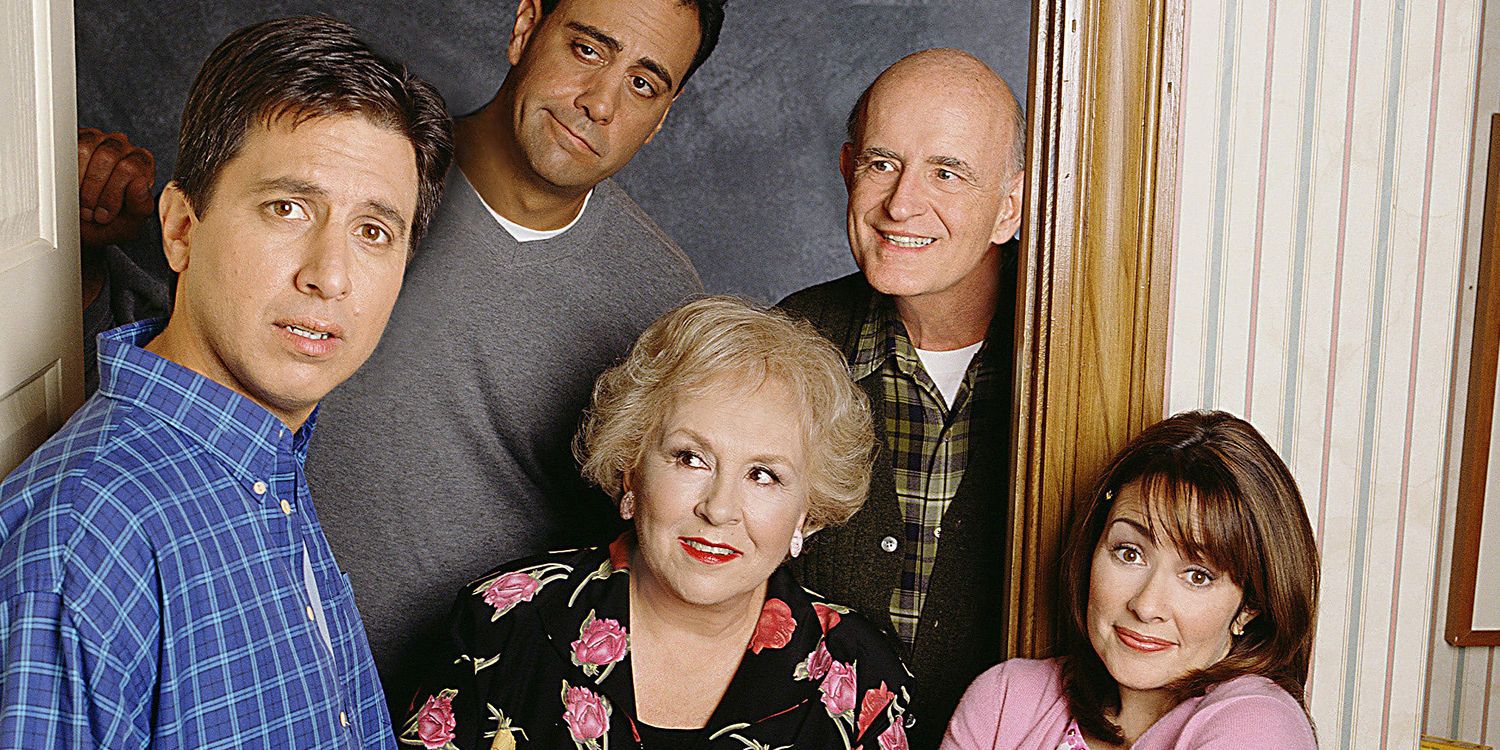
Everybody Loves Raymond’s creator reveals he almost quit due to a casting clash with CBS, as the network pushed for a “hotter” actress to play Debra.

Everybody Loves Raymond Featured
Phil Rosenthal, the creator of Everybody Loves Raymond, almost quit the show due to a casting clash with CBS. Premiering in September 1996, Everybody Loves Raymond centered around sportswriter Ray Barone (Ray Romano) and his somewhat dysfunctional family. The series ran for nine seasons, airing its finale in May 2005, and featured an impressive cast that included Patricia Heaton, Brad Garrett, Doris Roberts, and Peter Boyle.
Everybody Loves Raymond left its imprint on television. The series routinely appears on lists ranking the best sitcoms, continuing to gain new fans thanks to streaming and syndication. It has also inspired international versions in different languages, and it has connected to other comedies such as The Nanny and The King of Queens. But, in a new interview, Rosenthal sheds light on how the show may well have failed if he didn’t stand his ground with CBS on one key casting choice.
In an interview with Yahoo! Entertainment, to commemorate the 25th anniversary of the first episode, Rosenthal looked back on the popular comedy and explained why he almost walked away from the project before it even began. According to Rosenthal, prior to Heaton auditioning for the part, CBS had hoped for a very attractive actress to play Debra. The problem was, however, the choice they wanted didn’t fit with the show. You can read Rosenthal’s quote below.
“CBS wanted someone hotter to play Debra. I almost quit the show over it. They insisted on this actress. I thought she was wrong, but I met with her and she was a very pleasant, very nice person. She wasn’t going to read for the role, but during the meeting, I convinced her to read a little bit with me, and she was 10 times worse for the part than I thought she would be!”
The cast of Everybody Loves Raymond

While it would be easy to blame the network for leaning on the trope of pairing an attractive wife to an occasionally lazy and self-centered husband, as the AMC drama Kevin Can F*** Himself recently skewered, there is nothing wrong with a person traditionally deemed attractive pairing up with someone that isn’t. The issue, as Rosenthal makes clear, is that the unnamed actress wasn’t working for Everybody Loves Raymond. If the network had continued to press the issue, favoring someone’s appearance over the type of chemistry that’s crucial to a comedy’s success, CBS would likely have ended up with a short-lived and quickly forgotten sitcom rather than the classic which Everybody Loves Raymond would eventually become. Fortunately, Rosenthal concludes, Heaton proved that she was right for Debra when she auditioned.
Audiences and critics both agreed, as Heaton won twice at the Emmys for her performance, and the series managed to resonate with audiences partly because of the winning dynamic of the two leads. It’s an example of how, when a creator sticks up for their vision of a story against a network or studio’s wishes, it could be risky in the moment but lead to great rewards in the long run. Rosenthal bet on his instincts succeeding. Decades after Everybody Loves Raymond debuted, he’s been proven correct.
